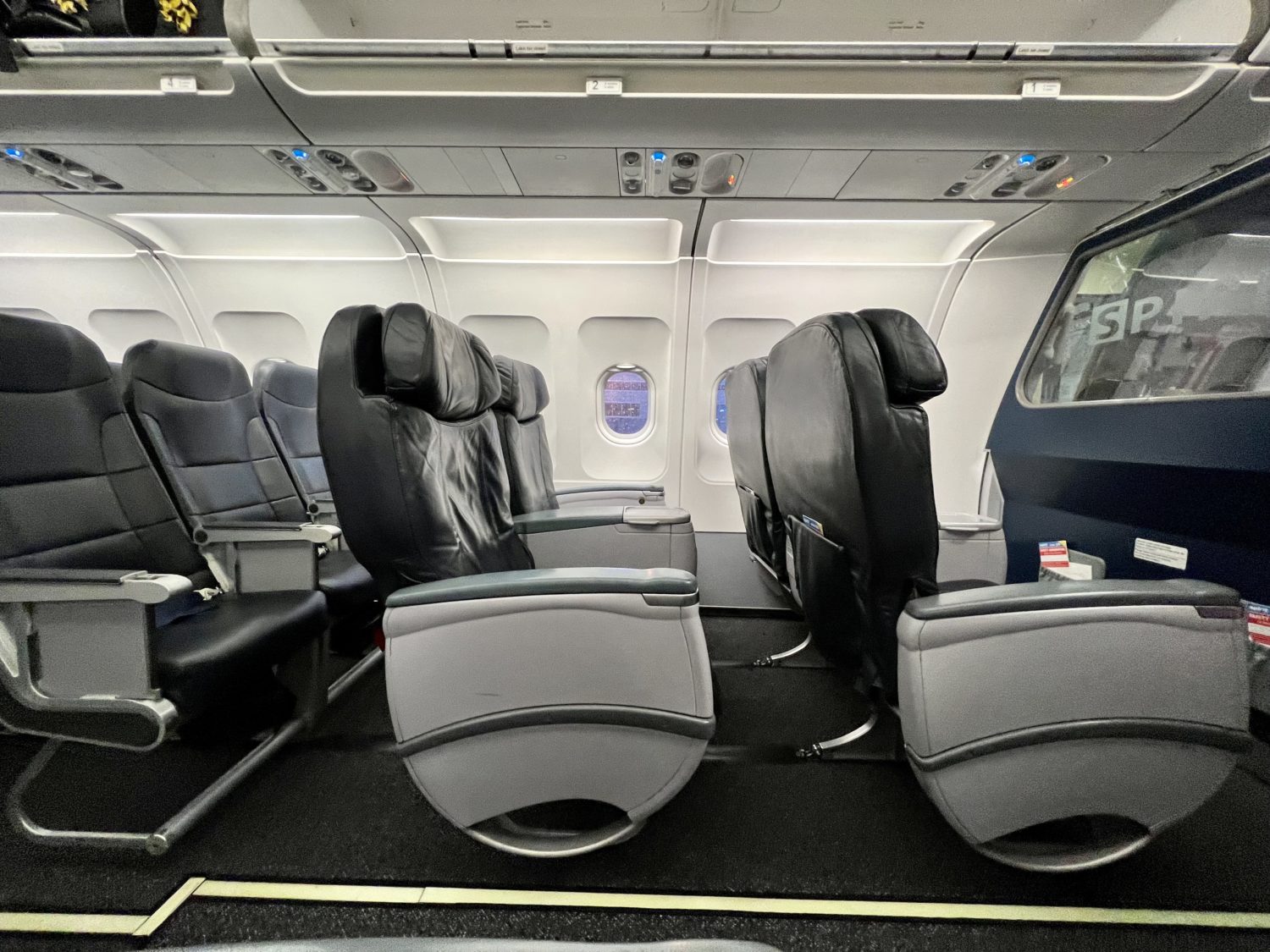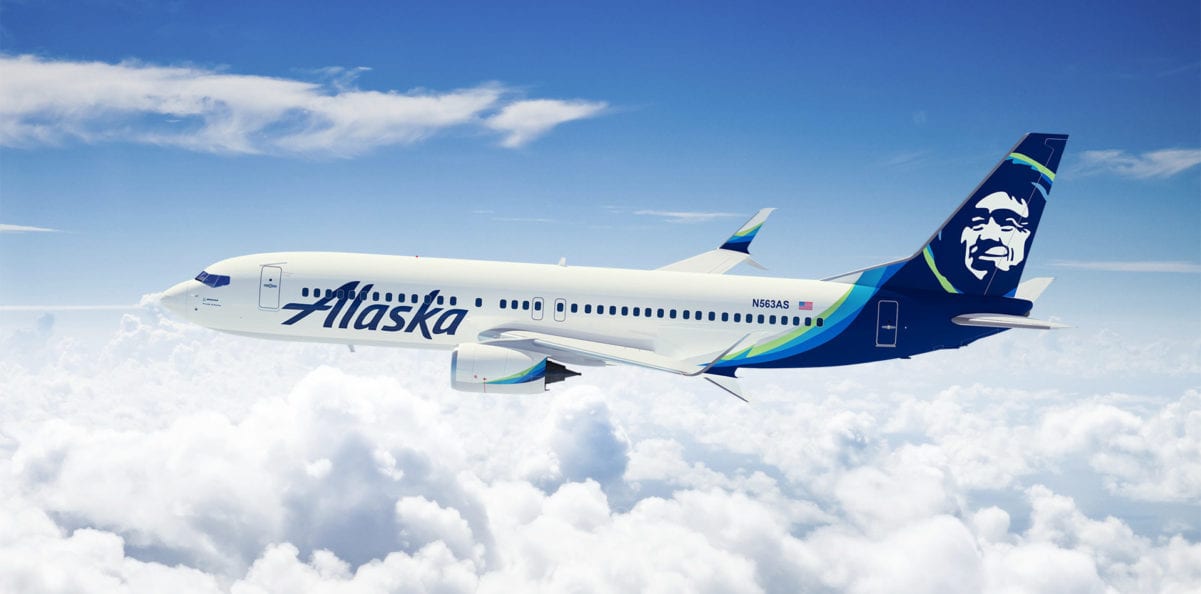Spirit Airlines is practically notorious for its knee-crunching legroom, stiff seats, and charging extra fees for … well, pretty much everything. Those days might be coming to a close.
The low-cost carrier on Tuesday unveiled a slew of major changes to how Spirit flyers book tickets, board the plane, and what they get in the air. But none are bigger than Spirit's new fare bundles – a move that puts Spirit and its business model far closer in line with major carriers like Delta and United.
Rather than selling everyone a $9 or $49 fare and charging separately for baggage, seat selection, snacks, and drinks onboard, Spirit is introducing four different fare bundles next month:
- The cheapest Go fares will look much like Spirit's previous tickets: checked bags seat selection, snacks, and drinks will all cost you more. And bringing a carry-on bag simply isn't allowed – not even for an extra fee.
- Go Savvy fares include either one checked or carry-on bag, plus a standard seat selection for free.
- Go Comfy is something new altogether: A space with a guaranteed blocked middle seat at your side to stretch out. Plus, a carry-on bag, checked bag, priority boarding, and a snack and a non-alcoholic drink.
- Go Big fares get you in Spirit's wildly popular Big Front Seat … with much more included: A carry-on bag, a checked bag, priority check-in and boarding, free snacks and alcoholic drinks, and complimentary Wi-Fi at streaming speeds.
Spirit is also introducing a brand-new boarding process and even priority check-in at 20-plus airports for Go Big tickets or travelers with top status or a Spirit credit card in their wallet. These new fares will go on sale Aug. 16, while new elements like priority check-in and complimentary snacks and drinks will start flying Aug. 27.
On top of its move this spring to do away with change and cancellation fees for even its cheapest fares, it's a major pivot for an airline that's practically synonymous with the phrase “ultra-low-cost carrier.” And Spirit isn't alone: Frontier made a nearly identical move in May.
It's undeniable what's happening: These budget airlines are waving the white flag on their business model. As travelers increasingly flock to self-described “premium” airlines like Delta and United in the post-pandemic travel boom, the old, bare-bones model is no longer working.
Spirit has been hemorrhaging money for years – and after its proposed merger with JetBlue fell apart, industry experts and analysts have wondered whether Spirit can survive. Even mighty Southwest has been forced to copy its competitors, ditching its longtime open-seating model sometime next year.
The airline put a rosy picture on its major about-face.
“We're unveiling a new era in Spirit's history and taking low-fare travel to new heights with enhanced options that are unlike anything we've offered before,” Ted Christie, Spirit's CEO, said in a statement. “We listened to our guests and are excited to deliver what they want: choices for an elevated experience that are affordable and provide unparalleled value.”
Let's be clear: This is big, but Spirit will still be a budget airline. You’ll still find ultra-slim and ultra-stiff seats onboard and often knee-crunching legroom. And the airline's “Passenger Usage Charge” – a fee of up to $23 each way just for booking your ticket online – isn't going anywhere either, the airline confirmed.
But the process of booking that ticket – and what's included in the price you pay – is getting a major makeover.
Case in point: By bundling free bags and Wi-Fi with its Big Front Seat, Spirit is creating a bonafide first class fare – hoping, no doubt, to poach some customers who are currently booking American, Delta, or United.
Read our full review of Spirit's Big Front Seat!
Many airlines big and small have struggled to regain their footing emerging from the pandemic – but ultra-low cost carriers like Spirit and Frontier stand apart. Their low-cost, high-fee business model has been shaky for years. There are a few major reasons:
- Bigger airlines have lured their customers away with low fares or premium seats
- Many travelers are looking to fly to Europe or other destinations where they can’t fly
- Higher fuel prices combined with big wage increases for pilots mean flying those planes isn’t nearly as cheap as it once was.
In the rapid-and-constantly changing airline world, you adapt … or you die. And Spirit is hoping these changes are enough to get back on the right track rather than wind up in the history books with the likes of Pan-Am and TWA.
But this evolution will come at a cost for travelers who love a bargain. While Spirit will no doubt still be cheaper than legacy airlines, these new bundles mean one thing: Charging higher fares upfront.
Whether you've loved booking Spirit's $19 fares or swear you'll never set foot on one of their yellow planes, competition between airlines means lower fares across the board. And few airlines have played a bigger role in driving down flight prices more than Spirit – even on the likes of American, Delta, or United.
By giving up on the core tenets of their ultra-low-cost business model and inching closer to the practices (and prices) of those competitors, Spirit and Frontier are letting off the gas. That's a recipe for pricier flights for all of us.
Major airlines like Delta and United have spent more than a decade duking it out with budget carriers, using cheap-yet-stingy basic economy fares as a weapon to match or even undercut the likes of Spirit on price and steal their cost-conscious customers away.
With Spirit's latest move, it's clear: Basic economy just won the war.
This is a breaking news story, check back for updates.





